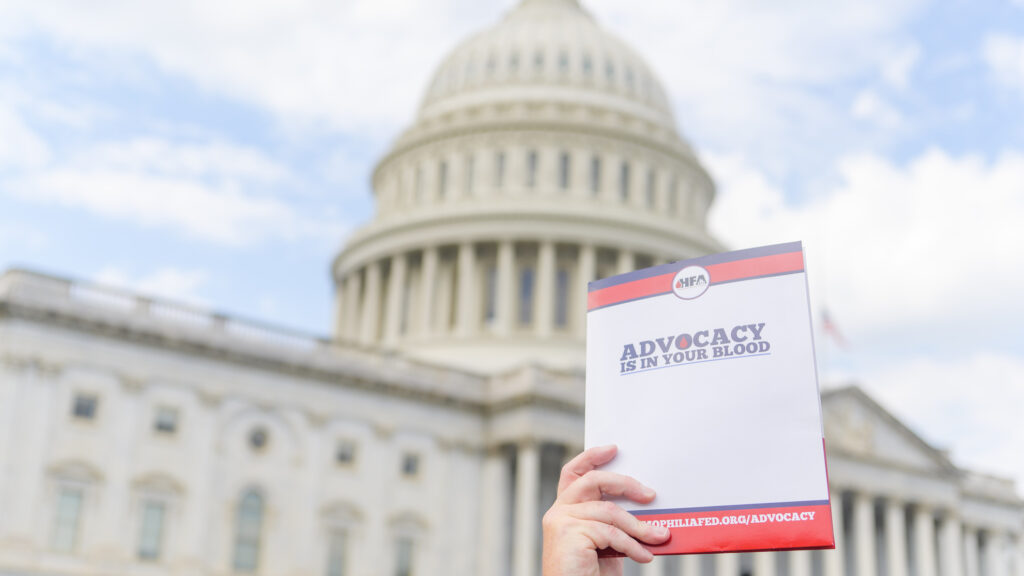Midterm elections are mostly wrapped up as November draws to a close. The race between Sen. Raphael Warnock and Herschel Walker heads to a runoff in early December, but regardless of the outcome in that contest, control of the U.S. Senate remains – narrowly – with the Democrats. Control of the House of Representatives, by contrast, has flipped: Republicans will hold a 7-vote majority in the House once the new Congress is sworn in.
What do these electoral results mean for health policy in the coming year? Here’s what we know or what we can confidently predict.
There will be changes in the leadership of key legislative committees.
In the House:
- Washington Republican Cathy McMorris-Rodgers is expected to come in as Chair of the powerful Energy and Commerce Committee, with jurisdiction over health insurance (and much else). She would be the first woman to chair that committee.
- It’s still unclear who will end up leading the Ways and Means Committee (which holds jurisdiction over programs such as Medicare, Social Security, and all lawmaking that requires taxation). Contenders for the chairmanship include Florida’s Vern Buchanan, Missouri’s Jason Smith, and Nebraska’s Adrian Smith.
In the Senate:
- Sen. Bernie Sanders appears to be the leading candidate to take over as Chair of the Committee on Health, Education, Labor and Pensions, with jurisdiction over a wide range of health-related issues. (While there’s been no change in the majority party in the Senate, current HELP Chair Patty Murray is moving to take over leadership of the Senate Appropriations Committee.) Louisiana Sen. Bill Cassidy is expected to become the leading Republican on the HELP Committee, a position previously held by retiring Sen. Richard Burr.
- Sen. Ron Wyden is expected to continue as chair of the Senate Finance Committee (which holds jurisdiction over health programs such as Medicare and Medicaid).
The incoming 118th Congress is unlikely to move forward with expansive healthcare legislation.
Recall that 2022’s Inflation Reduction Act, with major ACA and Medicare provisions, passed on a party-line vote, something that wouldn’t be possible in a divided Congress. Congress could still, however, take up important, if less sweeping, initiatives in the coming session – particularly if the measures have bipartisan support.
- Copay accumulator adjuster reform, a top HFA policy priority for the past couple of years, is one such effort. H.R. 5801, the HELP Copays Act, is bipartisan legislation from the current (117th) Congress that aims to protect patients who rely on drug copay assistance. This legislation will be reintroduced in the 118th Congress (under a new bill number, and with new lead sponsors), and HFA and coalition allies will resume our advocacy for its passage.
- Telehealth is another area of bipartisan interest. Expanded telehealth availability (made possible under temporary rules adopted at the outset of the COVID-19 public health emergency) has proven very popular with patients and providers alike. In the first year of the pandemic, for example, more than 28 million Medicare beneficiaries used a wide range of telehealth services under the temporary expanded rules. Medicaid enrollees and commercially insured individuals, too, were able to make increased usage of telehealth services during the pandemic. But many of the rules that made the telehealth expansion possible are set to expire five months after the PHE ends. The 118th Congress could act to extend the existing flexibilities – or make them permanent.
The 117th Congress has one final month in session before the 118th Congress takes office.
During this “lame duck” session, Congress has to fund the government past December 16th – and will have to juggle numerous other competing legislative priorities, ranging from defense appropriations to electoral reform to judicial nominations and more. Among the health care issues vying for lawmakers’ attention: averting cuts to Medicare reimbursement rates for doctors and hospitals; avoiding a Medicaid “cliff” for the U.S. territories; and addressing areas of unmet mental health needs.
Quick Hits
- The U.S. Department of Health and Human Services signaled that it will once again extend the COVID-19 public health emergency beyond the PHE’s current expiration date of Jan. 12, 2023. (State Medicaid programs receive extra federal funding so long as the PHE continues, and in return, are barred from disenrolling existing Medicaid beneficiaries for the duration of the PHE.) Because the Biden Administration has committed to provide states at least 60 days’ notice ahead of ending the PHE, the fact that HHS gave no such notice in mid-November is construed by all to mean that another renewal is forthcoming.
Some stakeholders, however, are increasingly discontented with the continuing uncertainty around the end of the PHE. On November 17th, the National Association of Medicaid Directors called on Congress to pass legislation setting a date for when Medicaid coverage redeterminations will begin. NAMD asked Congress to provide firm commitments on resources that will be available to the states, as well as timing. The U.S. Senate, for its part, voted on November 15th to end the PHE. The Senate bill did not, however, address the PHE’s implications for Medicaid funding and enrollment – nor has the Senate bill been taken up by the House.
- HR 8454, the Medical Marijuana and Cannabidiol Research Expansion Act, passed the Senate on Nov. 17th and is headed to the President’s desk. This bipartisan legislation creates a process that makes it significantly easier to conduct research on cannabis for medical uses in the United States and clarifies that doctors can discuss cannabis with their patients without legal risk.
- CMS announced that over 3 million people nationwide had already selected an ACA Marketplace plan in the first 3 weeks of the open enrollment period for 2023 coverage. New customers enrolling on Healthcare.gov are up nearly 40% over last year. The 2023 Marketplace open enrollment period runs through January 15 in most states; however, people generally must sign up by December 15 if they wish to have coverage in effect on January 1, 2023.
- HFA joined in amicus curiae (“friend of the court”) briefs in two separate lawsuits defending patient protections against surprise medical billing (Texas Medical Association v. HHS) and the Affordable Care Act’s guarantee of certain cost-free preventive health services (Braidwood Management, Inc. v. Becerra).
- HFA notes with sadness the passing of U.S. Rep. Donald McEachin (VA-4). Congressman McEachin consistently championed access to quality, affordable health care throughout his years in Congress, including (notably) acting as lead sponsor of the HELP Copays Act. HFA extends condolences to his family and friends.




